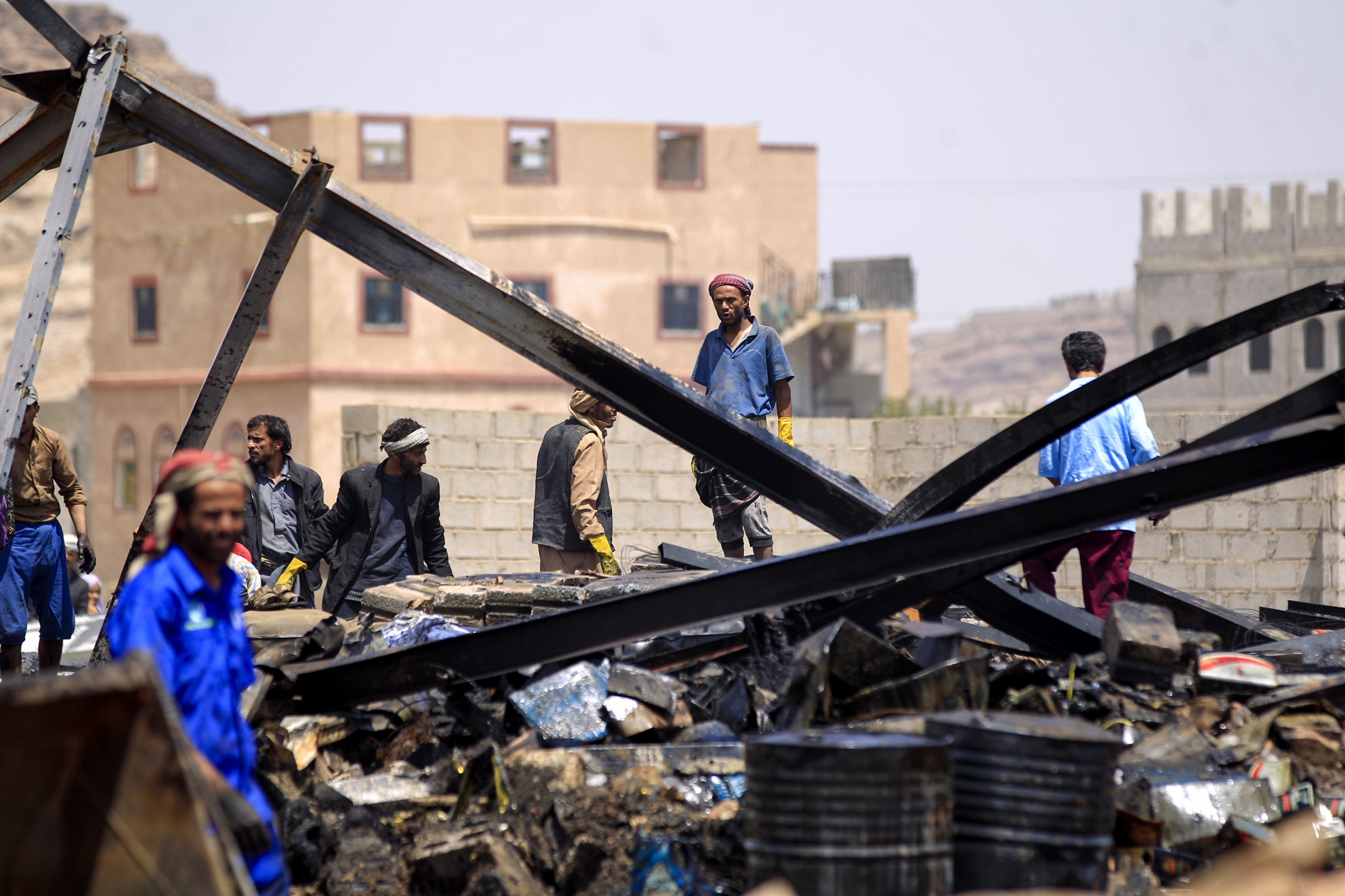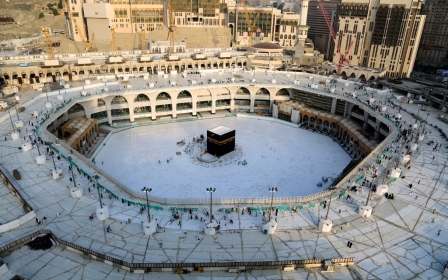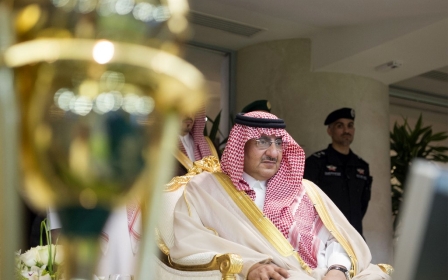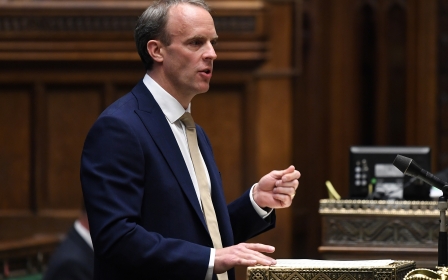UK to resume Saudi Arabia arms sales despite 'possible' war crimes

The UK has announced the resumption of arms sales to Saudi Arabia despite evidence of "possible" war crimes.
International Trade Secretary Liz Truss made the announcement on Tuesday afternoon, saying the government regarded any breaches of international law as "isolated incidents".
She said the government had completed a review of how arms export licences were granted, complying with an earlier court ruling that suspended sales over rights abuse concerns.
"The incidents which have been assessed to be possible violations of international humanitarian law occurred at different times, in different circumstances and for different reasons," she said in a statement.
'We will be considering this new decision with our lawyers, and will be exploring all options available to challenge it'
- Andrew Smith, Campaign Against the Arms Trade
"The undertaking that my predecessor gave to the Court - that we would not grant any new licences for the export of arms or military equipment to Saudi Arabia for possible use in Yemen - falls away."
New MEE newsletter: Jerusalem Dispatch
Sign up to get the latest insights and analysis on Israel-Palestine, alongside Turkey Unpacked and other MEE newsletters
The Court of Appeal in June 2019 ruled that the government had acted unlawfully when it licensed the sale of UK-made arms to Saudi-led forces in Yemen without undertaking an assessment of whether past incidents amounted to breaches of international humanitarian law.
The government said it would not approve new licences prior to a review.
In a statement, the Campaign Against the Arms Trade (CAAT) slammed the decision as "morally bankrupt".
"The Saudi-led bombardment of Yemen has created the world's worst humanitarian crisis, and the government itself admits that UK-made arms may have played a central role on the bombing," said CAAT's Andrew Smith.
"We will be considering this new decision with our lawyers, and will be exploring all options available to challenge it."
Benjamin Ward, UK Director at Human Rights Watch, also condemned the move.
“To justify its cynical resumption of arms sales to Saudi Arabia the UK government claims that abuses by the Saudi-led coalition in Yemen are ‘isolated incidents.’" he said in a statement.
"The truth is that the coalition in Yemen has repeatedly struck homes, schools, markets, weddings and funerals with utter contempt for civilian life.”
The UK has licensed at least £5.3bn worth of arms to Saudi Arabia since the beginning of the conflict in March 2015.
Millions at risk
Unicef said in June that millions of children in Yemen were facing starvation due to a lack of aid for the country.
The war has devastated the country's health system and displaced 3.3 million people into disease-infested displacement camps
Saudi Arabia first intervened in March 2015, leading a coalition in support of government forces against Iran-backed Houthi rebels.
Since then, air strikes and raids have killed tens of thousands of civilians, including hundreds of children.
Denisa Delic, the Head of Children and Armed Conflict at Save the Children, described the decision as "indefensible".
"Our Government says they want to be a 'global force for good'. But today they decided that killing and injuring thousands of children in Yemen does not constitute a 'pattern of harm'.
"The decision must be reversed and arms sales to the Saudi and Emirati-led Coalition must stop.
"The Government has called for peace but continuing to sell weapons that will fuel this devastating conflict sends the opposite signal. Suspending arms sales is a vital step towards reaching a political solution and ending the world’s worst humanitarian crisis."
Middle East Eye delivers independent and unrivalled coverage and analysis of the Middle East, North Africa and beyond. To learn more about republishing this content and the associated fees, please fill out this form. More about MEE can be found here.




